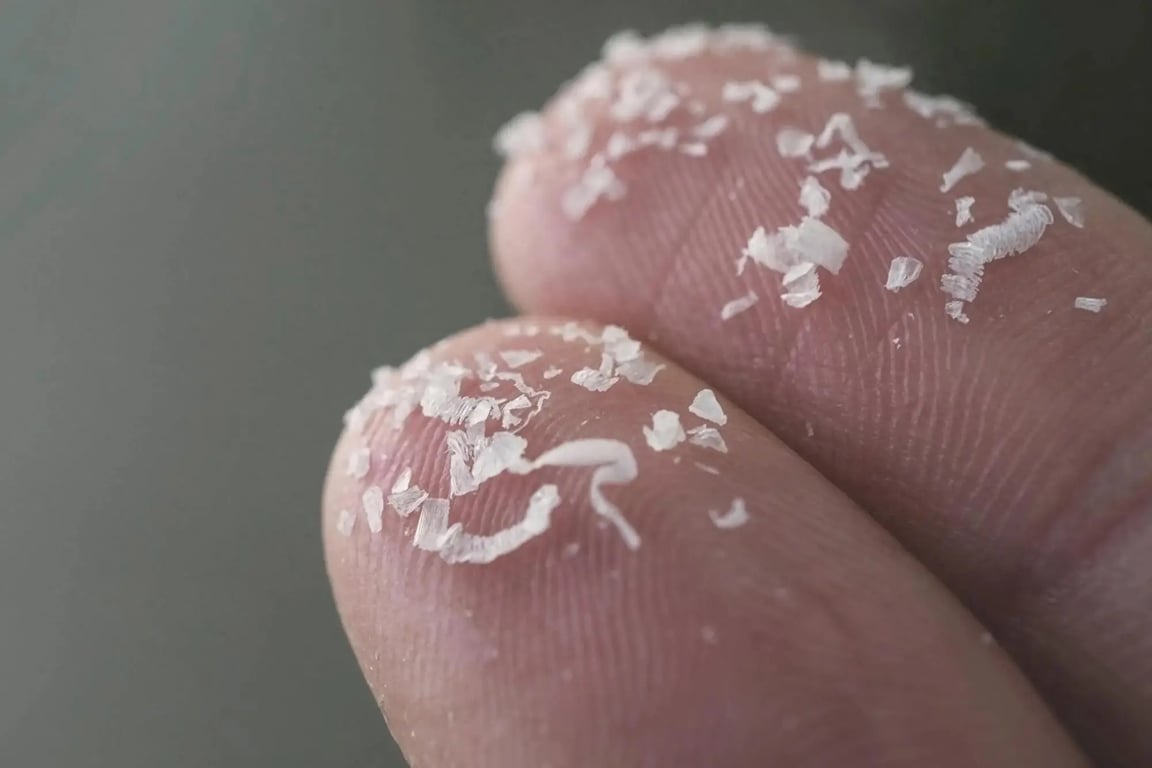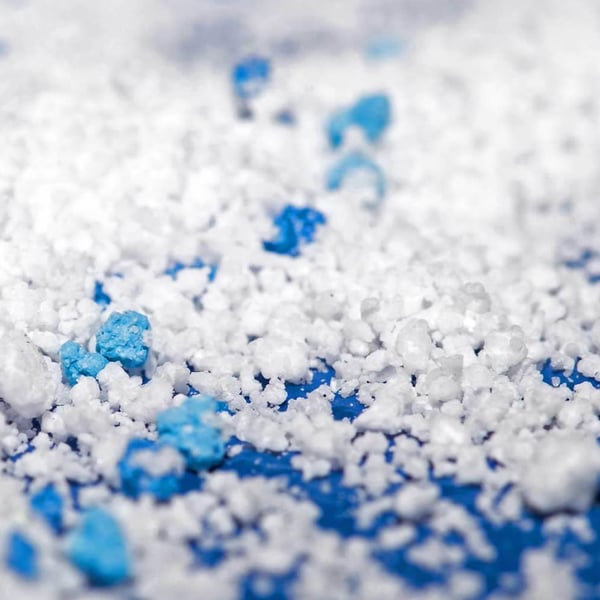
Game-Changer in Plastic Industry: New Plant-Based Material Reduces Microplastics by 90%
Recent studies suggest that plant-based plastics release significantly fewer microplastics into the oceans, showing promise as a more sustainable choice. However, continuous research is crucial in fully assessing their impact.
A study discovered that a new plant-based plastic material releases nine times less microplastics than conventional plastic when exposed to sunlight and seawater. This research, conducted by the University of Portsmouth and the Flanders Marine Institute (VLIZ) in Belgium, investigated the degradation rates of two different types of plastics under harsh conditions.
This plant-based bioplastic, created from natural materials, outperformed traditional plastics derived from petroleum derivatives when exposed to intense ultraviolet light and seawater for 76 days, equivalent to two years of sunlight exposure in Central Europe.
The environmental impact of bioplastics
Professor Hom Dhakal from the School of Mechanical and Design Engineering at the University stresses, "Bioplastics as an alternative to traditional plastic are gaining interest, but there is limited knowledge about their potential sources of microplastic pollution in marine environments."
"Understanding how these materials perform under extreme conditions is critical to predict their behavior in marine applications like building hulls, and the potential effects they may have on marine wildlife. By understanding the environmental impact of various types of plastics, we can make more sustainable choices for our oceans."
According to the Plastic Oceans International, the equivalent of a truckload of plastic is dumped into the ocean every minute. These plastics degrade into particles smaller than 5mm when exposed to the environment.

These particles, termed "microplastics," pose a serious threat to aquatic life and are observed in most marine ecosystems.
Professor Dhakal explains, "We wanted to examine a conventional industrial polymer, polypropylene, which is non-biodegradable and challenging to recycle, and polylactic acid (PLA), a biodegradable polymer."
"Even though our research shows that the PLA released fewer microplastics, implying that replacing petroleum-based plastics with plant-based ones could be a good plan to reduce marine plastic pollution, we should be cautious, as microplastic release is still imminent, posing a continued problem."
Research Findings and Future Directions
The study also found that the size and shape of released microplastic fragments depend on the type of plastic. Traditional plastics release smaller fragments with fewer fibrous shapes compared to their plant-based counterparts.
Professor Dhakal adds, "Overall, our study provides insightful implications about the behavior of different plastic types under environmental stress, which is critical for our future work in tackling plastic pollution. There is a clear need for continued research and proactive measures to mitigate microplastics' impacts on marine ecosystems."













